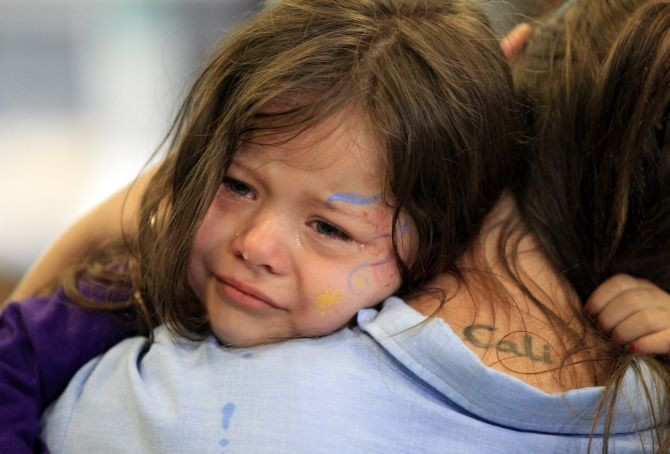Fevers Are Good for Your Child's Health, Pediatrician Says

Many parents, especially the first-timers, get highly nervous every time their child has a fever. However fevers are just a part of a child growing up and are actually a child's friend.
Hannah Chow-Johnson, MD, Loyola University Health System pediatrician, says that fevers are important as they help children fight an infection.
"Fevers can actually help your child recover more quickly, especially if he or she is battling a viral illness. I often wish thermometers had a gauge that read either 'fever' or 'no fever.' That would definitely help parents who worry if their child has a fever that's too high," Chow said.
Chow-Johnson is also an assistant professor in the department of pediatrics at Loyola University Chicago Stritch School of Medicine and she has some guidelines about taking care of a child during fever:
- Fevers are body's way of fighting an infection. You can't lower the body's temperature. To help the body fight better, give it plenty of rest meaning never wake up the child to give medications. If the child is asleep, let him/her get a proper sleep.
- Stick to the old fashioned digital thermometer to take temperature. Checking temperature once a day is sufficient.
- It's okay to monitor the child at home if he/she is drinking water, urinating and responding well.
- Give your child plenty of fluids, ice chips and popsicles. Never give children too much of fruit or apple juice.
- Dress the child in light clothing.
- Give fever reducers only when necessary and never alternate these medications as they can lead to overdoses that can be very harmful.
Signs that you need to get the child to a doctor:
- Child is less than 8 weeks old and has a fever of about 100.4 degrees or higher.
- A child that has a weak immune system due to chemotherapy.
- If the child has fever for 2-3 days and doesn't show signs of a runny nose, pain or cough.
- Any fever that lasts more than five days should be checked by a doctor, even if the child looks well.
Medline Plus has more information for parents on how to take care of children during fevers.



























